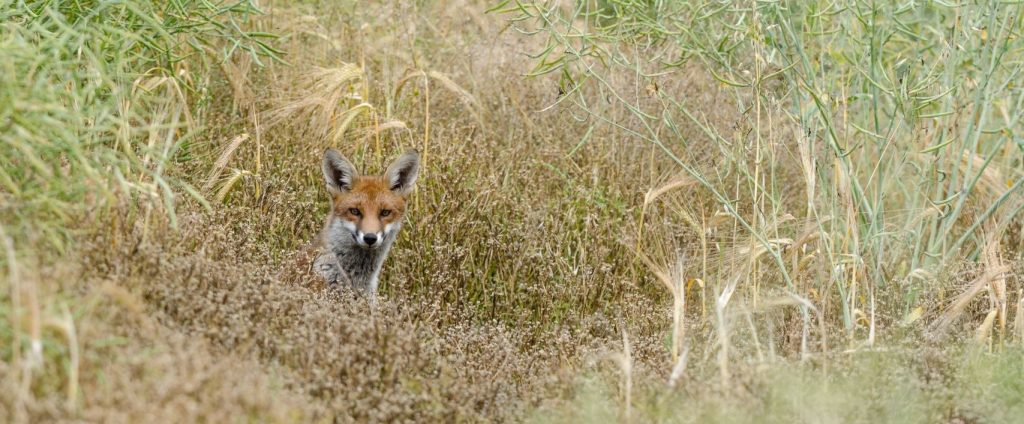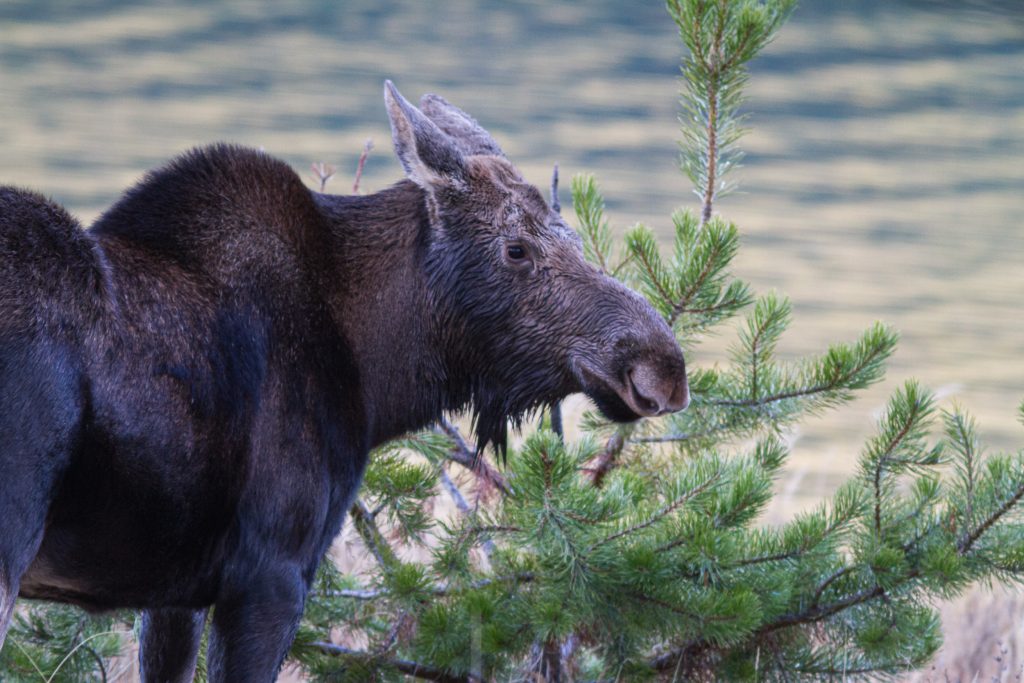Animal rights groups oppose hunting in all forms as they uphold the ‘right to life’ concept. Killing animals in any instance – whether for sport or food – is considered unacceptable as the animal’s life is not ours to take. From an animal welfare perspective, the degree of suffering caused determines whether an action is morally acceptable or not.
What’s the problem?
This information is based on independent research by Ethical Consumer (2016 & 2018). You can read the full reports here.
A couple of studies have tried to examine the animal suffering caused by hunting through observations of animal behaviour, and measuring glycogen and cortisol levels, and muscle damage. They suggest that a high level of skill can reduce the suffering experienced when an animal is hunted. For example, red deer appear to suffer more when wounded and not killed cleanly (in a single shot), or when forced to flee in a chase compared to deer instantly killed by a quiet and skilled deer stalker. The type of weapon used, the number of shots taken to kill an animal, the time from impact until death, and how hunters deal with dependent young are all factors that can impact on perceived suffering.

Red fox – ‘vermin’ species 
Red grouse – ‘game’ species 
Moose – ‘game’ species 
Red deer – ‘game’ species
Whether it is deemed socially acceptable to kill an animal is also tied into the species in question and whether it can feel, or is perceived to feel, pain. Society tends to have ‘favourite species’, with less concern towards the killing of ‘vermin’ such as rats, compared to preferential species like dogs.
Ethical considerations regarding hunting examine notions such as ‘fair chase’, humaneness of hunting methods, whether hunting is conducted for recreation, whether the final product is used (for meat etc.), the level to which hunting serves a wider purpose (for example, to help prevent a people/wildlife conflict), and whether hunters respect laws and regulations. Even the hunting industry is appalled at methods such as ‘canned shooting’ – where animals are bred and shot within an enclosed area.
With that in mind, consumers who wish to avoid all links with the pro-hunting industry may wish to avoid optical companies who sponsor, supply and support the hunting industry. Alternatively, demanding transparency and clear position statements on illegal practices from the sports optics companies might help put pressure on the industry as a whole.
What can I do?
You can choose to shop ethically. Money talks. As a customer, you can choose to shop in a way that reflects your values. There are wildlife-friendly brands available with no connections to the hunting industry. You can also ask your preferred optics brands to change their products or marketing practices.
Find out more about the brands you should shop with and research their optics to find the best product for you.